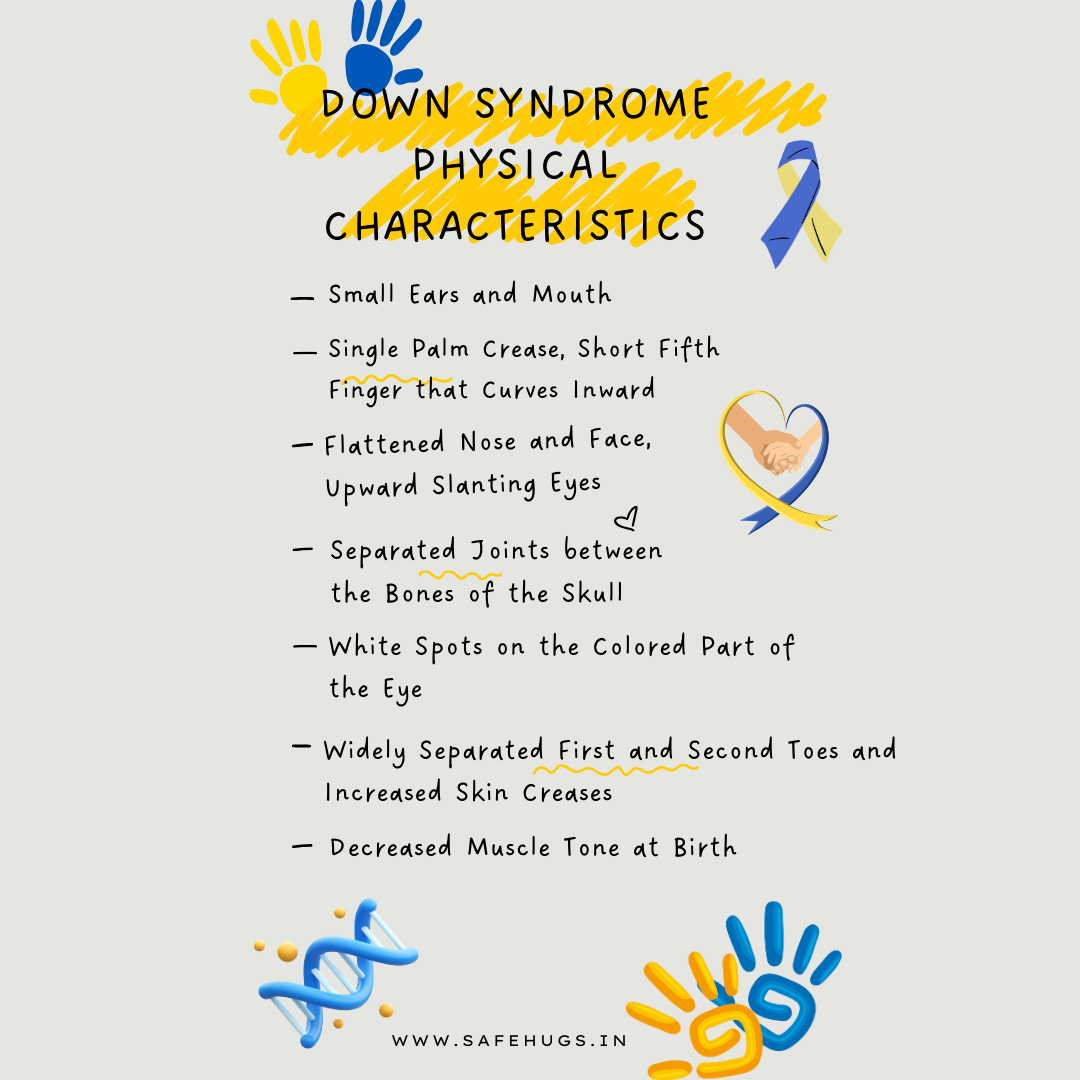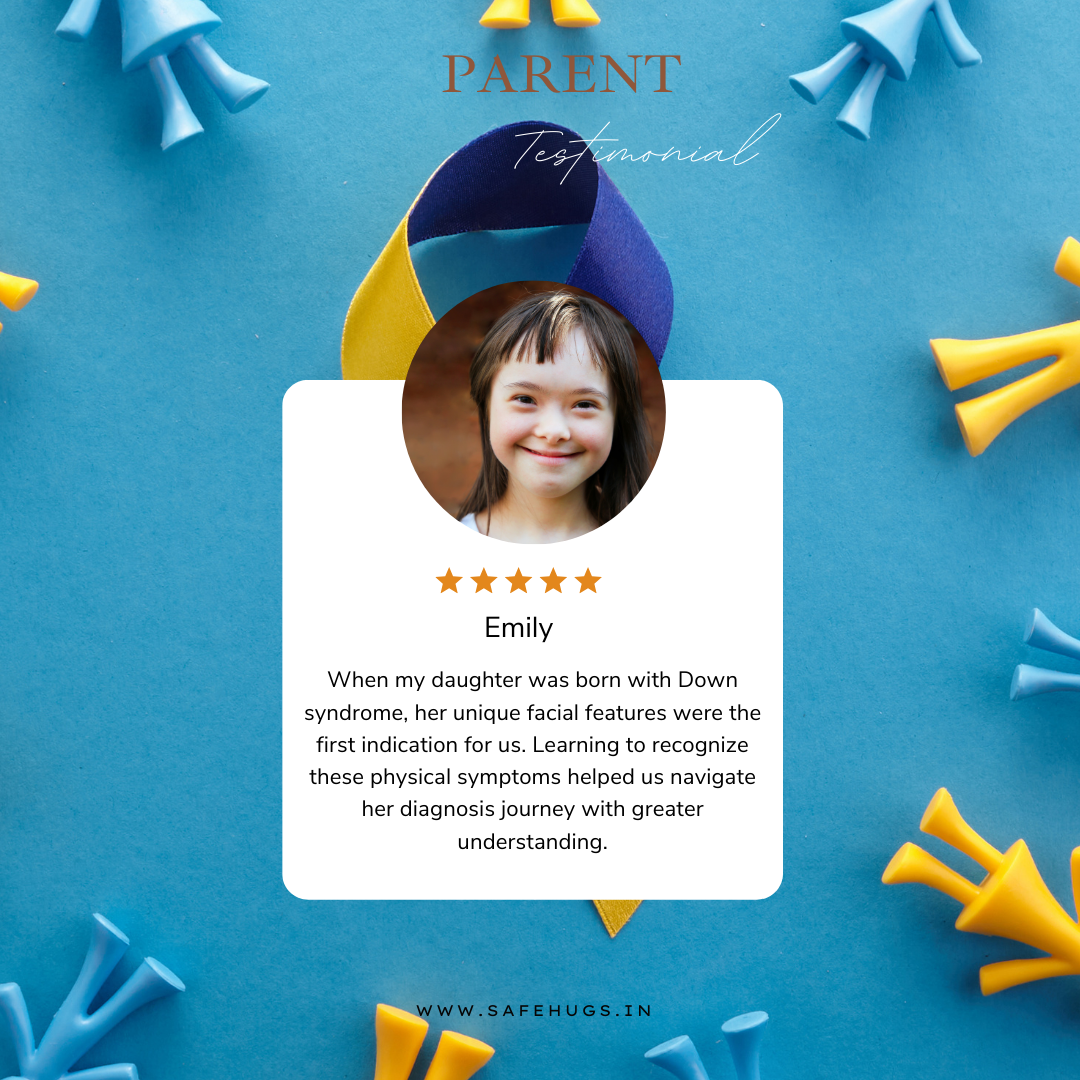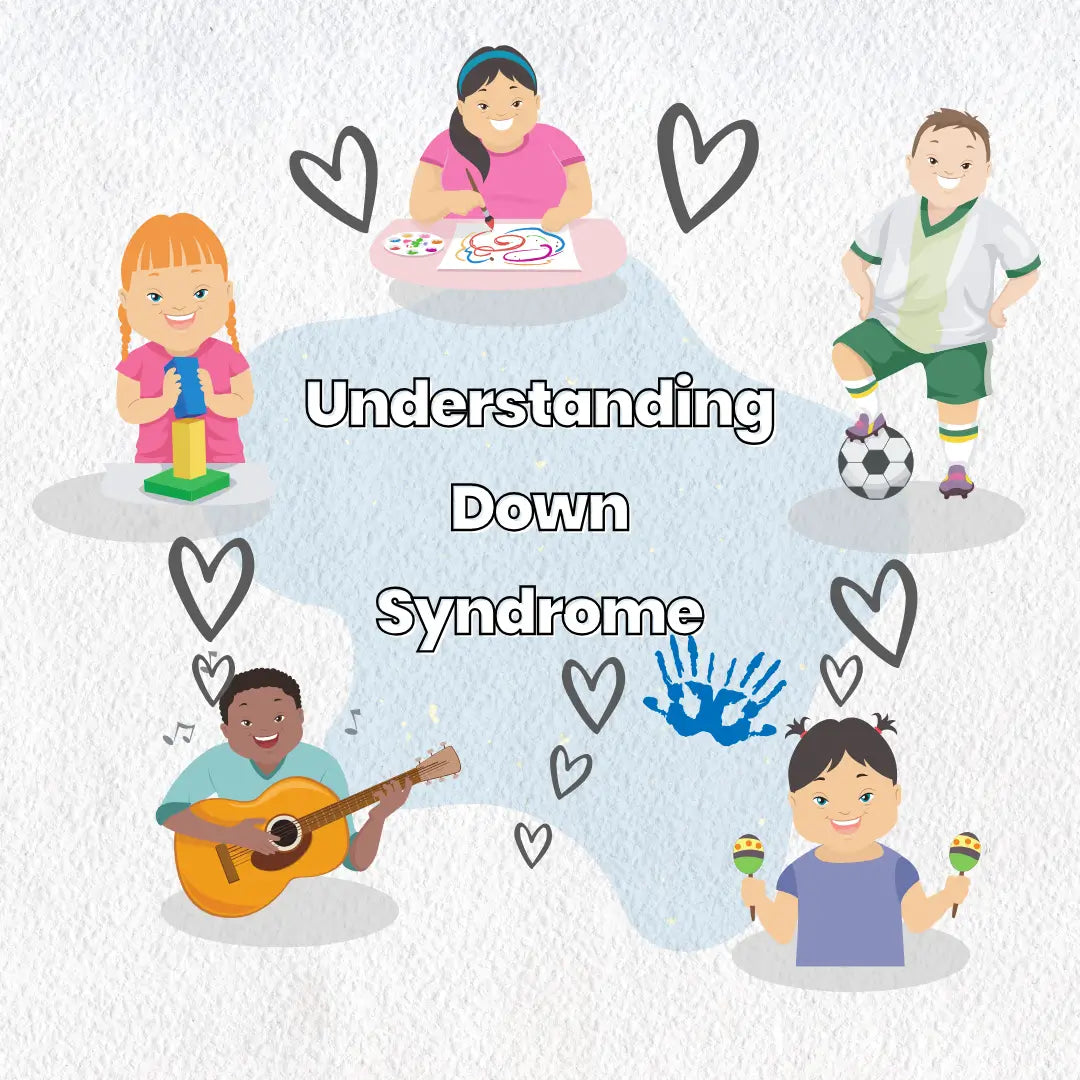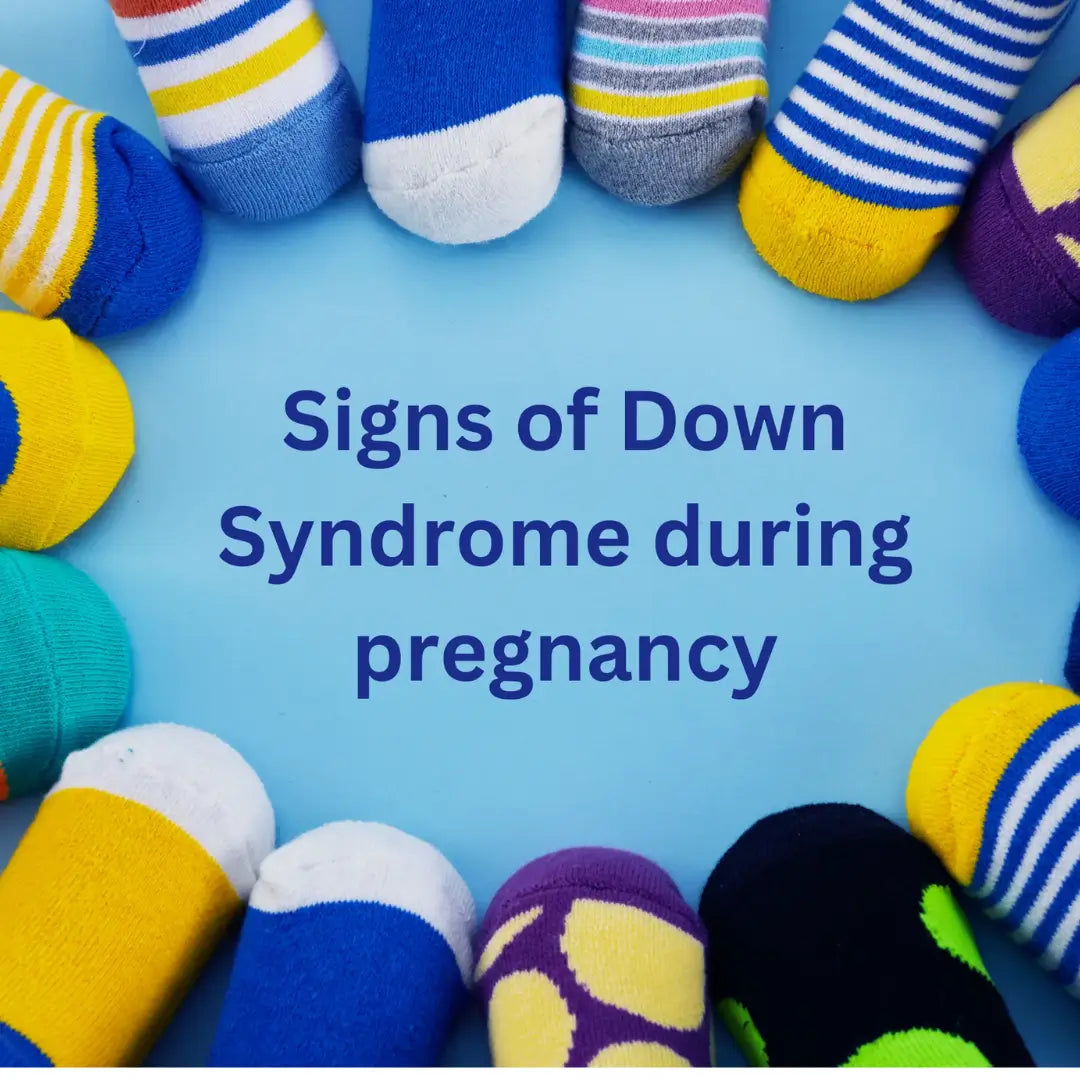Down Syndrome Symptoms (Complete Guide)
Dear Readers,
Welcome to our comprehensive guide on Down syndrome symptoms. Whether you're a parent, caregiver, or someone seeking information on this condition, understanding its symptoms is essential for providing proper care and support. In this blog, we'll explore the common signs and characteristics of Down syndrome, along with real-life testimonials, recommendations, and user experiences to offer valuable insights and guidance.
To read more about Down Syndrome Treatment . visit here.
Table of Contents

Recognizing Physical Symptoms:
One of the key aspects of Down syndrome is its physical manifestations. Individuals with Down syndrome often exhibit distinct facial features, such as almond-shaped eyes, a flat nasal bridge, and a protruding tongue. These physical characteristics, combined with other signs like low muscle tone, can aid in early identification and diagnosis.
"When my daughter was born with Down syndrome, her unique facial features were the first indication for us. Learning to recognize these physical symptoms helped us navigate her diagnosis journey with greater understanding."

Understanding Cognitive Challenges:
Beyond the physical traits, Down syndrome is also associated with cognitive differences. Developmental delays and intellectual disabilities are common, impacting learning and cognitive functioning. It's important for families and caregivers to be aware of these challenges and to provide appropriate support and resources.
"Early intervention programs, such as speech therapy and occupational therapy, can play a crucial role in addressing cognitive challenges associated with Down syndrome. Seeking support from specialists and educators can make a significant difference in a child's development."
Managing Health Complications:
Individuals with Down syndrome may also face a higher risk of certain health complications, including heart defects, gastrointestinal issues, and thyroid problems. Regular medical check-ups and proactive management of these conditions are essential for maintaining overall health and well-being.
"Managing my son's health needs has been a journey filled with ups and downs. From heart surgeries to dietary adjustments, staying proactive and informed has been key. Connecting with other families and sharing experiences has been a source of comfort and encouragement."

Embracing Emotional and Behavioural Traits:
In addition to physical and cognitive differences, individuals with Down syndrome exhibit unique emotional and behavioural characteristics. They often demonstrate warmth, affection, and sociability, enriching the lives of those around them. Understanding and embracing these traits can foster meaningful connections and relationships.
"Having a sibling with Down syndrome has taught me the true meaning of love and acceptance. Despite the challenges, their joyful spirit and unwavering optimism brighten our family's life every day."
Conclusion:
In conclusion, understanding Down syndrome symptoms is essential for providing effective care and support to individuals with this condition. By recognizing physical traits, understanding cognitive challenges, managing health complications, and embracing emotional and behavioral traits, families and caregivers can create a nurturing and inclusive environment where individuals with Down syndrome can thrive.
As you embark on your journey of supporting a loved one with Down syndrome, remember that you are not alone. Seek out support groups, connect with other families, and stay informed about resources and services available in your community. Together, we can celebrate diversity and create a world where everyone is valued and included, regardless of their abilities.
FAQ's:
Q1. Down Syndrome Symptoms?
Down syndrome symptoms include intellectual disabilities, distinctive facial features such as a flat nasal bridge and almond-shaped eyes, developmental delays, and often congenital heart defects.
Q2. Signs of Down Syndrome during pregnancy.
Signs of Down syndrome during pregnancy may include increased nuchal translucency (detected through ultrasound), abnormal prenatal screening test results (like the quad screen or non-invasive prenatal testing), and certain fetal abnormalities observed through ultrasound, such as heart defects or other structural anomalies.
To read more about Down Syndrome during Pregnancy. visit here.
Q3. Down Syndrome Treatments.
Down syndrome treatment includes early intervention with therapies like speech and physical therapy, along with medical management for associated conditions.
To read more about Down Syndrome Treatment . visit here.
Q4. What are people with Down Syndrome like?
People with Down syndrome are characterized by their unique personalities and abilities, often exhibiting warmth, kindness, and empathy. Despite facing challenges, they contribute to society and form meaningful connections like anyone else.
Q5. What is the mental age of a person with Down Syndrome?
The mental age of a person with Down Syndrome can vary widely, but it's important to recognize and support their individual strengths and challenges rather than relying solely on age-based comparisons.
Q6. What is Down Syndrome caused by?
Down Syndrome is caused by the presence of an extra chromosome 21, known as trisomy 21, resulting in characteristic physical and developmental features.
Q7. What is the life expectancy of Down Syndrome?
Life expectancy for individuals with Down Syndrome has significantly increased over the years, with many living into their 60s and beyond, particularly with access to quality healthcare and support services.
Q8. Down Syndrome Meaning.
Down syndrome is a genetic condition caused by the presence of an extra chromosome 21, leading to developmental delays, distinctive physical features, and often intellectual disabilities.
































